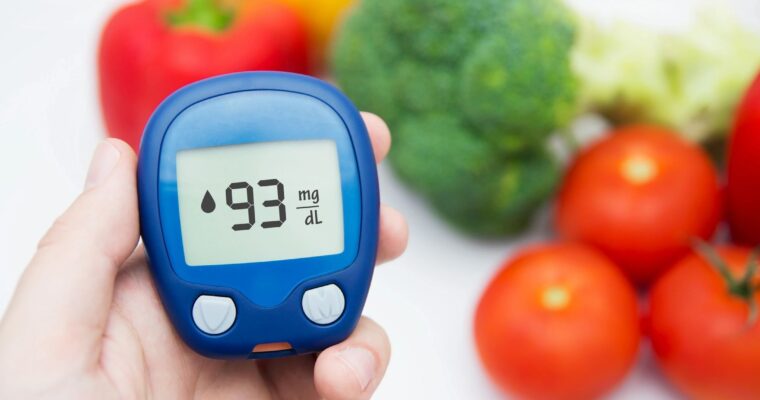Iron Plus
Dr. Claire Arcidiacono, ND
One vitamin that seems to come up in conversation quite frequently is Iron Plus. People often ask questions such as I’m tired all the time, do I need to take Iron? Or I’m a vegan I must need to take iron! And last but not least I have frequently heard I am a woman does that mean I need iron? While yes in some of these situations iron is appropriate it is more complicated than that. Taking iron is more complex than just taking it because you’re tired. As I always say iron is something you take if you need it not just because you have read it on the internet that it is good for you. Why do I say this? Because iron isn’t something everyone should take. Let’s explore this in depth, shall we?
As I said iron isn’t just a vitamin you take to stay healthy. Iron can build up in our body over time. If you have a deficiency that means that over time taking iron will fill in or correct that deficiency. However this means that if you don’t need iron but take it any way you can end up with it becoming abnormally high in your body. This is called hemochromatosis.
What can happen if you have too much iron in your body? Well it can build up in vital organs and cause damage. These organs include the liver, heart and endocrine glands. If the iron concentrates in the liver it can trigger complications such as cirrhosis. Complications due to having an excess of iron can also include cardiomyopathy, diabetes and even hypothyroidism. Also iron overload can weaken our immune health leaving us at an increased risk of infection. (1)
All that being said how do you know if you need iron? According to the American Society of Hematology anemia is diagnosed when a blood test shows a hemoglobin level of less than 13.5 gm/dl in a man or 12.0 gm/dl in a female. (2) Basically if your doctor suspects you’re anemic they will recommend a complete blood count or CBC. This test looks at the number of Red blood cells (RBC) or hematocrit and the level of hemoglobin. The doctor can also check the color, size and shape of the RBC. (3)
Now I bet your thinking but Dr. Claire what is the plus in the iron plus? Well the plus refers to nutrients that are basically the cofactors that make iron work better. Vitamin C has been found to increase the absorption of iron. It works better if you take the iron and the vitamin c at the same time. (4) Taurine is an amino acid that helps the body to use iron better thus it can help correct a deficiency more effectively. (5) Both vitamins B12 and folic acid can help us to produce healthy RBC. (6) Overall the nutrients in Iron Plus all work to improve iron absorption, utilization and even RBC health.
Now I know that I said not to take iron unless you know you need to. So what are some signs that you should talk to your doctor about iron? Well some signs can include pale skin that is cold especially on the hands and feet. You will also notice extreme fatigue and weakness. You may experience shortness of breath and chest pain. There may be inflammation on your tongue and your nails may be brittle. Symptoms can also include headache, dizziness, and even changes in appetite. Lastly you may find yourself craving things such as ice. (7)
Iron Plus is an amazing non-constipating form of iron. To find out if it’s right for you feel free to contact a qualified Invite Health nutritionist.
Our next topic is changes to our Hair and Skin that can occur after cancer treatments.
Sources:
- https://www.ncbi.nlm.nih.gov/books/NBK526131/
- https://www.hematology.org/education/patients/anemia#:~:text=It%20is%20diagnosed%20when%20a,gm%2Fdl%20in%20a%20woman
- https://www.mayoclinic.org/diseases-conditions/anemia/diagnosis-treatment/drc-20351366
- https://pubs.acs.org/doi/10.1021/acsomega.2c01833
- https://www.webmd.com/vitamins-and-supplements/what-is-taurine
- https://www.hopkinsmedicine.org/health/conditions-and-diseases/vitamin-b12-deficiency-anemia
- https://www.mayoclinic.org/diseases-conditions/iron-deficiency-anemia/symptoms-causes/syc-20355034







